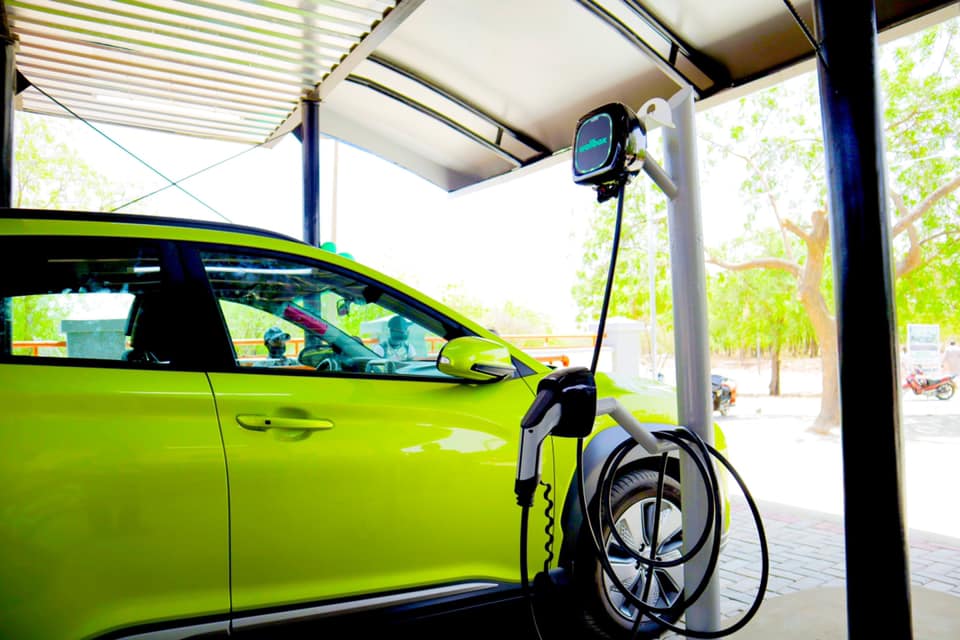 Despite its huge population, Nigeria is doing far less than one per cent of the global electric vehicle adoption, reason some experts have called for increased efforts towards keying into the new technology, which is the future.
Despite its huge population, Nigeria is doing far less than one per cent of the global electric vehicle adoption, reason some experts have called for increased efforts towards keying into the new technology, which is the future.
The experts, who spoke at the quarterly press webinar of the Major Energies Marketers Association of Nigeria (MEMAN) described Electric Vehicles (EVs) as crucial to Nigeria’s energy transition, tackling climate change issues and boosting energy security.
The Chairman, SAGLEV Incorporated, Sam Faleye, stressed the urgent need for a shift from traditional energy sources to electric vehicles and renewable energy, citing the critical role this transition plays in combating climate change.
According to him, adopting EVs offers a cost advantage for users, particularly through reduced maintenance expenses and lower energy costs compared to hydrocarbons.
Faleye noted that the significant advancements in battery technology, particularly with Lithium Iron Phosphate (LFP) batteries, which now offer improved storage capacity, making EVs a more viable option.
He listed the environmental benefits to include: reduction of greenhouse gas emissions, lower air pollution, and decreased noise levels.
Economically, he said EVs provide lower operating costs, reduced fuel expenses, and potential incentives for owners.
To further drive EVs adoption, Faleye called for greater investment in EV charging infrastructure and stations.
He urged the government to implement robust policies to support EVs adoption, while automakers should commit to increasing EV production in the country.
Chairman of MEMAN, Huub Stokman, said MEMAN would continue to advocate for a diverse energy mix that includes traditional fuels, renewables, and innovative technologies.
Stokman noted that regions like Europe and China are leading the global transition towards EVs, with China targeting full adoption by 2035, while Europe aims to achieve a major shift by 2024.
He also cited Norway as a prime example of successful EV adoption, with the country on track to reach 100 per cent EV usage by 2025.
He noted that Norway’s progress serves as a model for other nations worldwide.
Head of Project e-Mobility and Renewable Energy at Sterling Bank, Akinkunmi Akingbogun, said Nigeria is doing far less than one percent of EV, while Africa as a continent is current at one per cent.
He stressed the need for filling stations to begin integrating EV infrastructure to meet the demands of the growing number of EV users.
Noting that charging stations are still limited in Nigeria, he said some companies are already bracing up to invest in electric charging stations. Although, he said the vehicles could be charged at home, stating that 80 per cent of electric vehicle drivers are charging at home.






